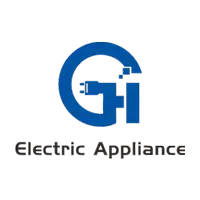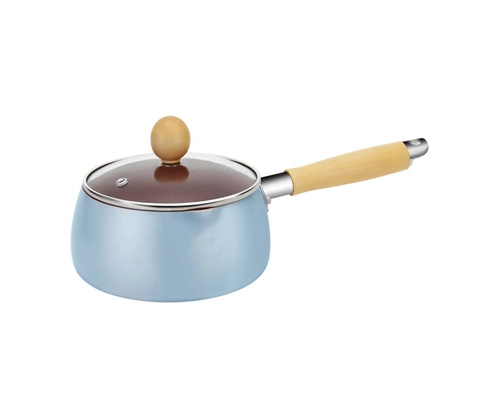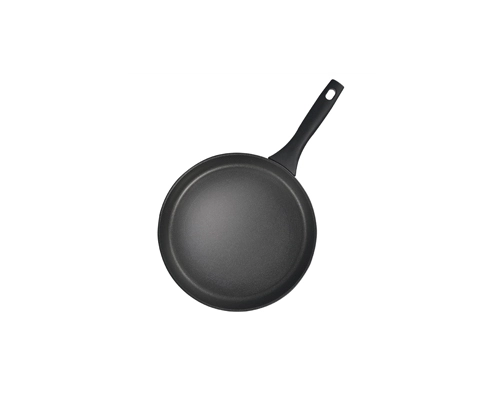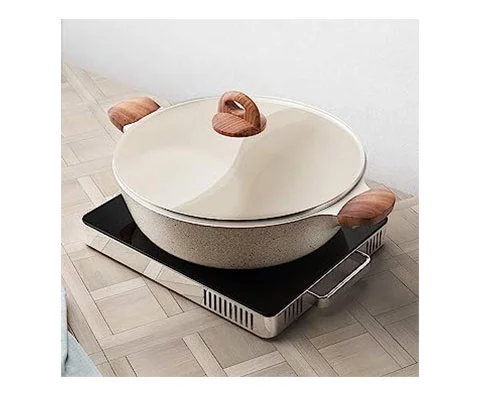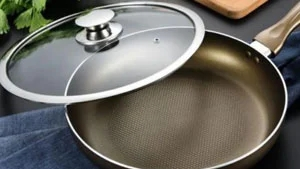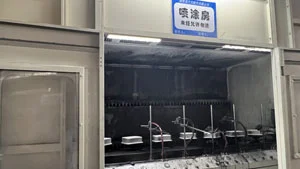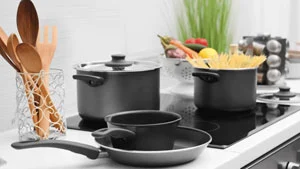Your kitchen likely contains a variety of cookware made from different types of materials. For example, cookware is often made from nonstick coatings like Teflon and various metals like aluminum and stainless steel. Aluminum cookware is often considered comparable to stainless steel cookware because they are both made of metal and most people's eyes may not be able to tell the difference. However, their differences are important.
It turns out that under certain circumstances, such as at high temperatures, aluminum can leach from aluminum cookware into food. It's especially important to know if you use aluminum cookware every day. When you cook with aluminum, you should be aware of how it can contaminate your diet.
Aluminum cookware is more likely to leach aluminum from aluminum cookware at high temperatures. This condition is exacerbated when cooking highly acidic or alkaline foods, such as tomatoes or citrus fruits.
Anodized aluminum cookware is designed to minimize aluminum leaching and create other benefits for aluminum cookware, coatings, and seals through the anodizing process. During the anodizing process, when aluminum is placed in an acidic solution and exposed to an electric current, a layer of aluminum oxide forms on the aluminum. This aluminum oxide layer is typically harder than aluminum. This creates a protective non-stick coating.
Anodizing reduces the potential for corrosion, scratching, reaction with food, stickiness, and aluminum leaching, making aluminum cookware safer. Anodized aluminum cookware also conducts heat well, is durable, and is easy to clean.
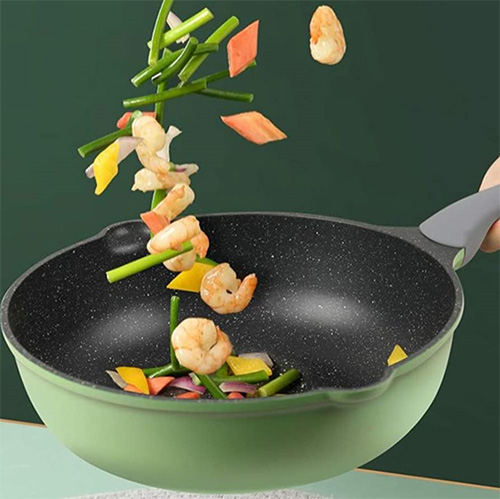
When comparing aluminum cookware to stainless steel cookware, they are relatively lightweight, cheap, and conduct heat well (aluminum is considered superior - conducts heat more efficiently and distributes heat more evenly). Each cookware is a good choice for high temperatures, and each is safe if you follow the precautions in this article.
Anodized aluminum cookware can provide additional benefits (including reducing aluminum contamination in the diet) compared to uncoated aluminum cookware.
Research the ingredients used to create the protective layer and under what circumstances they might contaminate your diet.
Follow the manufacturer's instructions for maintaining the protective coating on anodized aluminum cookware.
Avoid metal utensils and abrasive cleaning to minimize scratches on anodized aluminum cookware surfaces.
Throw away worn and damaged aluminum pots and pans, as aluminum is more likely to leach into the food you're cooking during the cooking process.
Minimize the time food is exposed to aluminum, as the amount of aluminum leaching into food increases over time.
Note that leafy vegetables and acidic foods such as tomatoes and citrus absorb the most aluminum.
Safer alternatives to aluminum foil include uncoated wax, parchment paper, and glass containers.
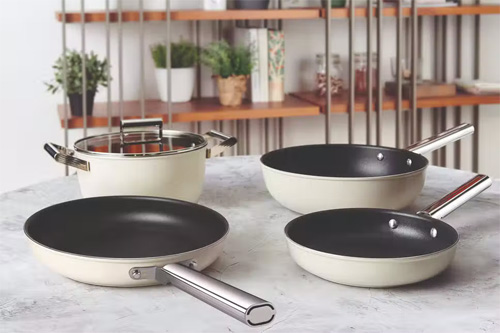
All in all, there are different types of aluminum cookware. They include uncoated aluminum cookware, anodized aluminum cookware, die cast aluminum cookware, aluminum club cookware, and aluminum foil. Anodized aluminum cookware is probably the safest type of aluminum cookware, depending on the material of the coating.
 English
English 中文
中文 日本語
日本語 한국어
한국어 français
français Deutsch
Deutsch italiano
italiano Suomi
Suomi dansk
dansk Svenska
Svenska